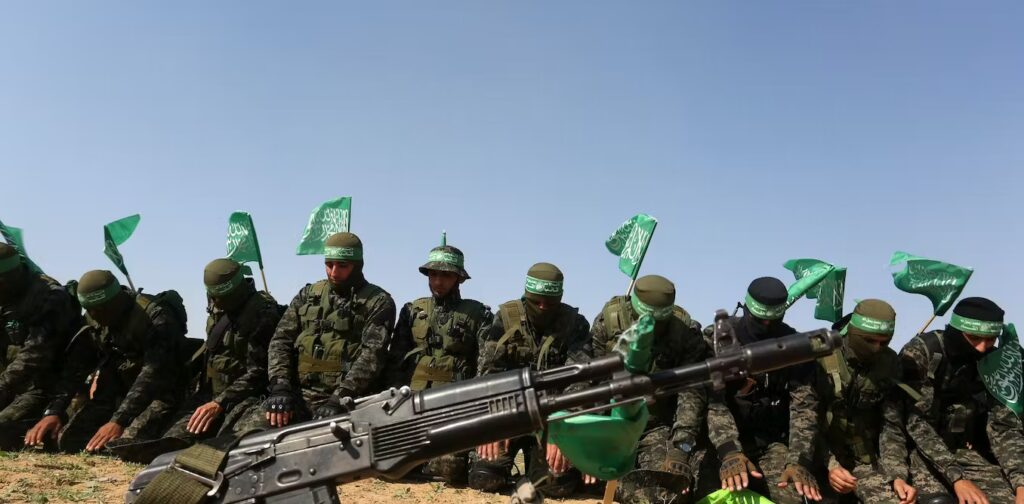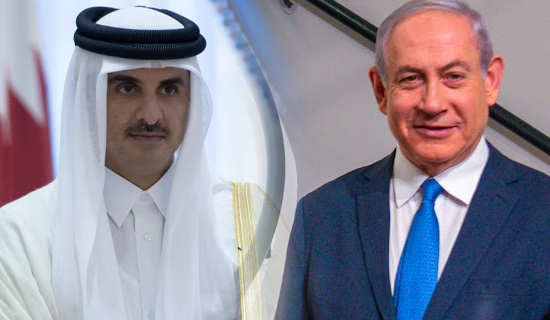The Iron Swords –The war in the south of IsraelUpdated to 1 p.m., October 11, 2023

The southern sector: IDF activity continued on land, at sea and in the air. In the Israeli
villages surrounding Gaza and in the city of Ashkelon there were several clashes with terrorist
squads that remained in the area.







